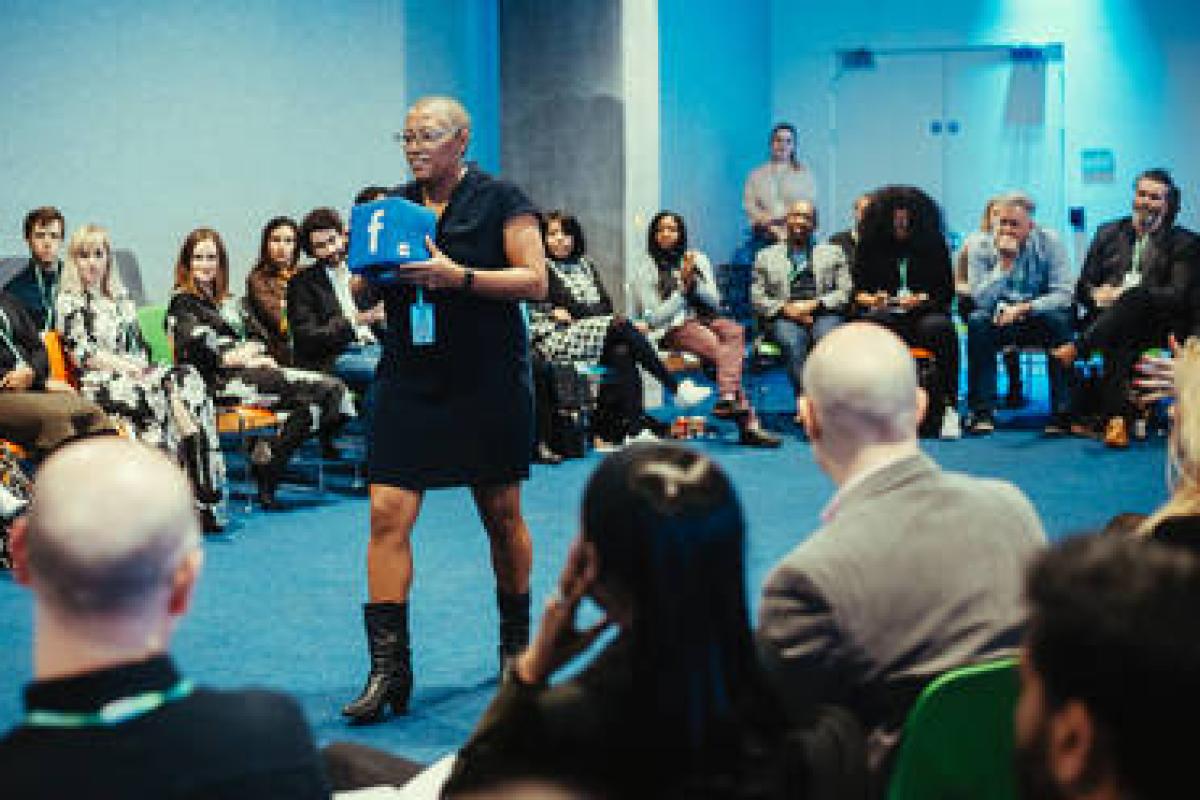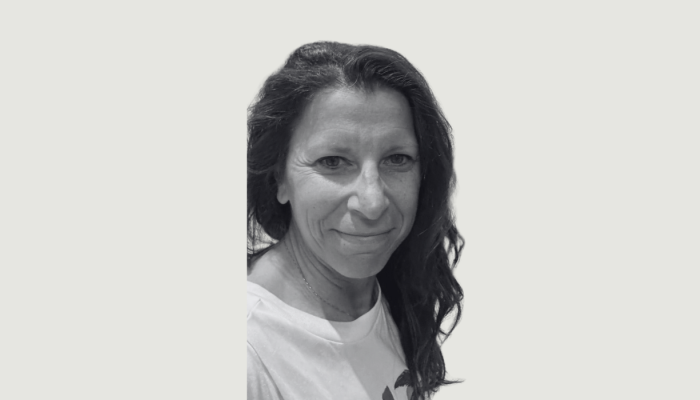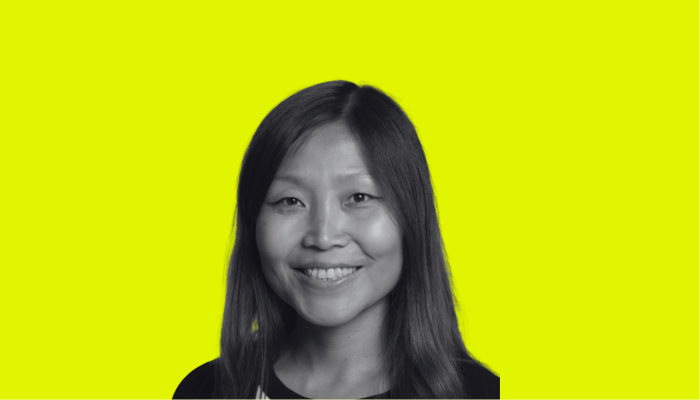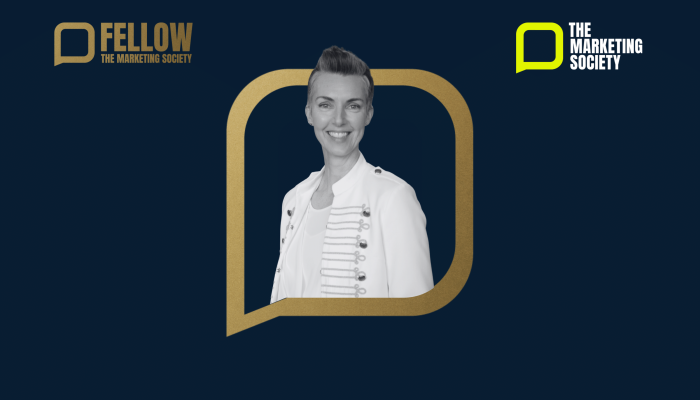Following its commitment and agenda to ‘discuss the uncomfortable taboo issues that have remained shut firmly behind agency doors’, on February 20th The Marketing Society opened its doors to one of the biggest issues that will affect the future of the industry - race.
As a ‘virgin’ to the Marketing Society, I wasn’t quite sure what to expect.
Was this another chance for marketers and agency bods to tick the proverbial diversity box, or were the people attending the event really going to take a long, hard and honest look at the industry, the audiences it serves and why addressing the matter of race, representation and portrayal are not only challenges, but a real opportunity.
The evening was a fishbowl format, opened by Gemma Greaves, who highlighted the aims of the Society to start these difficult conversations in a bid to create greater and wider debate, but to also create a forum to share positive and negative experiences with a group of like-minded people to take the discussion forward.
And for me, as an independent specialist multicultural communications agency owner, who has spent the last 25 years knocking on agency and client doors in a bid to get them to take the BAME audience and talent pool seriously, the evening was simultaneously cathartic, inspiring, honest, sometimes frustrating but ultimately hopeful.
Let me explain…
Cathartic
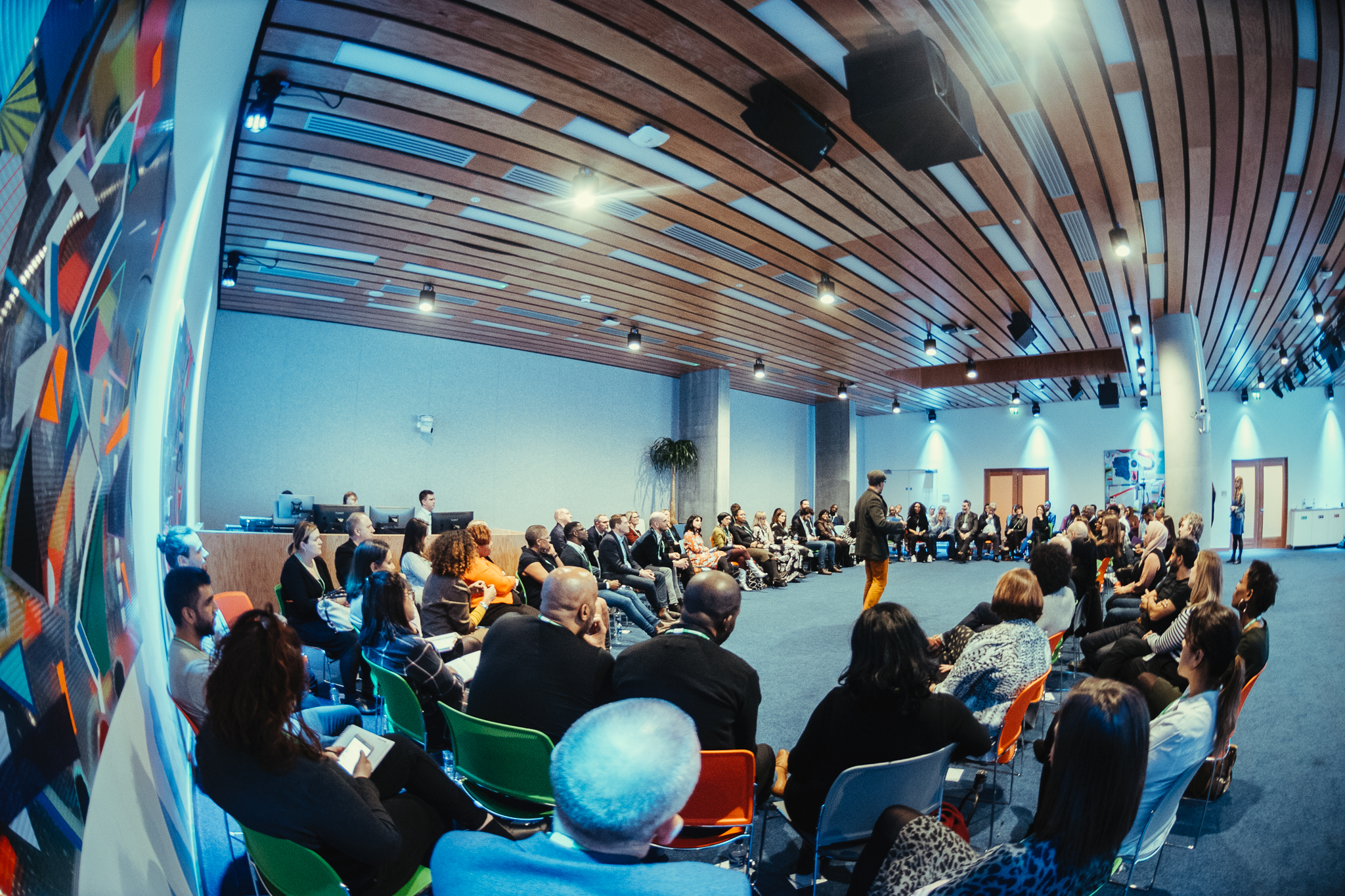
The evening kicked off with possibly the most successful Black woman in advertising, Karen Blackett, WPP’s first ever country manager, sharing the highs and lows of her journey to the top.
Karen was closely followed by a number of other guests sharing their stories of growing up in environments in which the creative industries were alien and out of reach, and their experiences of both conscious and unconscious racism once they had managed to break into the industry.
The overwhelming feeling at this point in the room was that these were everyone’s stories and we all needed to share and hear that we weren’t the only ones that had experienced ‘challenges’.
Inspiring
This was probably the largest gathering of ‘Black and Asian’ creatives that don’t work directly with ethnic media and have been brave, stubborn and bright enough to have forged their way through the traditional white agency environment, that I have seen.
It certainly made me wonder what my journey may have been like had I not set up my own multicultural marketing agency.
Frustrating

Sadly, the evening didn’t tell me anything I didn’t know.
For me, it highlighted the fact that not a lot has changed since I first stepped into the industry. As a specialist in multicultural marketing and communications, I have literally spent the majority of my career either trying to convince agency account directors and brand managers to look outside their ivory towers and get to know their changing consumers, or discussing how and why we need to change the face and colour of the industry and make it more representative.
The fact is having a talent pool that reflects your consumer pool is not rocket science; it’s good business; it leads to greater creativity and for us as ‘storytellers’ more realistic stories that consumers are more likely to believe.
But my ultimate question and frustration comes from the fact that we are still talking about this issue, rather than doing anything about it. The IPA started this discussion over 10 years ago, setting up the first ethnic representation panel with Jonathan Mildenhall heading the team. The aim was to look at representation within agencies and to look at on screen portrayal. While there has been a nominal increase in numbers and this year a definite increase in the number of ads featuring Black and Asian people, it’s clearly not enough.
Why is it that we can sell cars, holidays, clothes and pretty much anything to the masses, but we struggle to sell the appeal of a career in the creative industries to young people from ethnic minorities?
Honest

What was abundantly clear however is that this unique group of people are potentially the start of a wave of transformation within the industry.
There was a refreshing air of honesty in the room, not just in the personal experiences, but also an honest recognition that if the industry doesn’t start looking beyond ‘white, middle England’ both internally and externally, it will start to lose the existing talent and the potential to reach the increasingly diverse base of consumers that our clients need to reach.
It was refreshing to hear young people step up and share their very honest opinions of campaigns that are lauded within the industry, but actually may not reflect the ‘true stories’ of audiences, of representation that still falls into traditional stereotypes or of misrepresentation and cultural errors that happen when creatives don’t have the right cultural insight.
Hopeful
However, all is not lost, change is clearly happening albeit it slowly and it was clear from the event that there is a definite desire for change.
The event was the first step in what still remains a long process that requires commitment from the top.
With people like Karen Blackett, Adrian Wootton, the team at The Marketing Society and all the people that joined the debate, addressing the three major areas - looking at the current workforce and ensuring there is a clear path for ‘the squeezed middle’ otherwise they will leave the industry; encouraging new talent; and telling believable stories that reflect the true nature of our very diverse country – we can hopefully start the ball rolling.
My advice, based on experience, insight and working with diverse audiences is:
- Take a hard look inside your agency and industry – at how truly open to diversity your company is; what might be holding your agency back from reaching out to diverse talent pools and audiences and even to progression of existing talent. Is there any unconscious or the ugly truth of conscious bias.
- Don’t be afraid of challenging the status quo.
- Find role models and champions – and encourage them to speak up and celebrate their diversity of thought and experiences. These are our best ambassadors for the industry. No one believes rhetoric. They want real stories and evidence that there is a shift in the proverbial ‘glass ceiling’ – which in theory is what we are supposed to be best at!
- Don’t be afraid to stand up and be counted!
- Go out and talk - to young people, to their families, to careers advisers and tell them that the industry exists, what it does and that it wants diverse talent.
- Don’t assume that people know anything about how the industry works and what the opportunities are – show them.
- Go out and meet – the real people that live in the community and are your clients’ customers. Carry out attitudinal research, do focus groups… do exactly what you would do with traditional audiences, but use experts that have the insight and understanding to reach into the communities.
- Don’t assume that the ‘BAME’ label is a homogenous one. It’s completely the opposite.
- Don’t just put a brown or black face into an ad without thinking about what it means and how audiences may react. Insight and cultural intelligence (excuse the pun!) is the secret. If you don’t, your client will end up in a twitter storm like many before you…
- Don’t assume that communities are fully assimilated and that best want to reach them is through mass marketing. Think about strategy, media
And finally… don’t give up!
By Anjna Raheja, co-founder, Cultural Intelligence Hub - a Multicultural Marketing & Training Consultancy
Want to know more about what you can do to make your workplace more inclusive? Watch these tips for promoting diversity in the industry:
